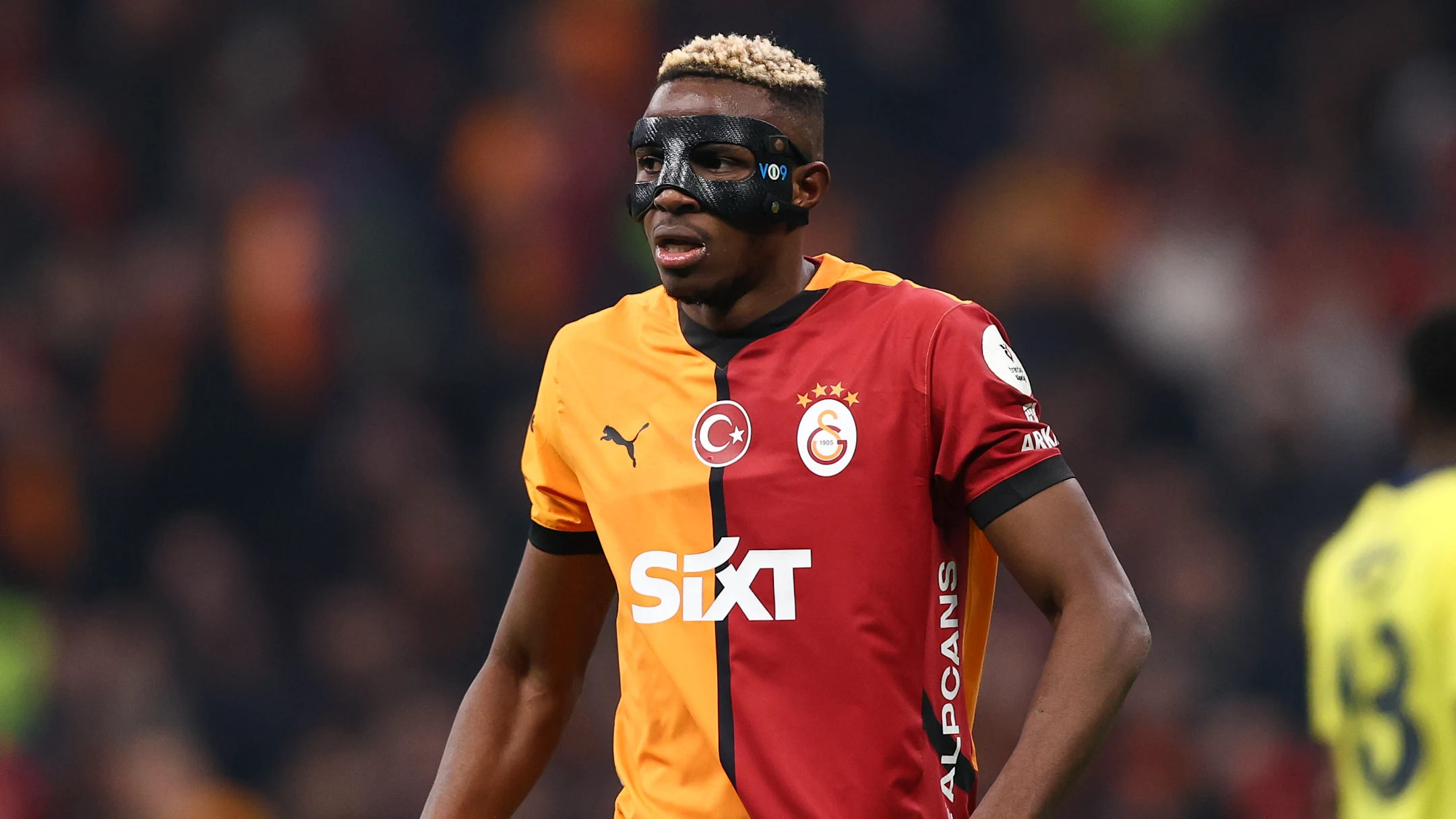
Why Manchester United Walked Away from Victor Osimhen Transfer
Concerns over Napoli striker Victor Osimhen’s wage demands and character saw Manchester United end their interest in a summer transfer, a report has revealed.
Manchester United’s pursuit of a new striker has been a topic of intense speculation, with Napoli’s Victor Osimhen initially emerging as a prime target. However, recent developments have seen the Red Devils shift their focus away from the Nigerian forward. This article delves into the reasons behind United’s decision and explores their alternative plans in the transfer market.
Financial Constraints and Wage Demands
One of the primary factors influencing Manchester United’s decision to move away from Victor Osimhen is the financial implications of such a transfer. Reports indicate that Victor Osimhen’s wage demands are substantial, with figures exceeding £300,000 per week.
Given United’s current financial strategy, which emphasizes cost-cutting and sustainable spending, accommodating such a salary would pose significant challenges. The club is operating under tight constraints due to Profit and Sustainability Regulations (PSR), making high-wage signings less feasible.
Character and Personality Considerations
Beyond financial aspects, Manchester United has also expressed concerns regarding Victor Osimhen’s character and personality. While specific details remain undisclosed, it’s understood that the club is cautious about integrating players who may not align seamlessly with the team’s culture and ethos.
These concerns are reportedly shared by other Premier League clubs, including Arsenal and Chelsea, who have also been linked with Victor Osimhen. The consensus suggests that Victor Osimhen might be more inclined towards a move to Saudi Arabia, where financial packages are often more lucrative.
Shift in Transfer Strategy: Focus on Liam Delap
In light of the challenges associated with signing Victor Osimhen, Manchester United has redirected its attention towards more attainable targets. Ipswich Town’s Liam Delap has emerged as a key focus for the club.
Delap, a 22-year-old striker, has impressed in the Premier League with 14 goal contributions in 32 games during his debut top-flight season. His attributes, including intelligent movement and the ability to stretch defenses, align well with United’s tactical requirements.
The financial aspect of acquiring Delap is also more manageable. His release clause is reported to be £30 million, a figure that becomes active if Ipswich Town faces relegation.
Broader Transfer Plans and Financial Maneuvering
Manchester United’s transfer strategy under manager Ruben Amorim involves a comprehensive overhaul of the squad. The club is considering the sale of several players, including Marcus Rashford, Jadon Sancho, and Antony, to generate funds for new signings.
The potential sale of Rashford, in particular, is seen as a significant opportunity to free up salary obligations and raise transfer funds. Rashford’s loan spell at Aston Villa has not solidified his place in Amorim’s plans, making his departure more likely.
Additionally, United is exploring the acquisition of Matheus Cunha from Wolverhampton Wanderers. Cunha’s release clause stands at £62.5 million, and the club views him as a pivotal addition to revamp the attacking lineup.

Osimhen will not be joining Man Utd / Ahmad Mora/GettyImages
Conclusion
Manchester United’s decision to withdraw from the pursuit of Victor Osimhen is rooted in a combination of financial prudence and strategic planning. The club’s focus has shifted towards more financially viable targets like Liam Delap and Matheus Cunha, aligning with their long-term vision and current budgetary constraints.
While Victor Osimhen remains a talented and sought-after striker, the complexities surrounding his transfer have led United to explore alternative options that better fit their evolving strategy.
























































































There are no comments yet. Be the first to comment!